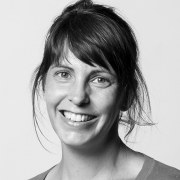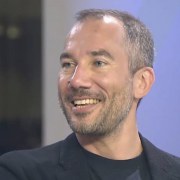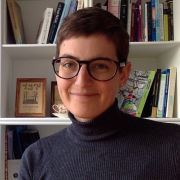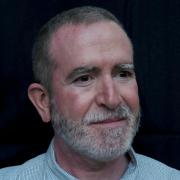Science centres are often described as ideal sites for the public to participate in conversations and discussions related to scientific knowledge. But to what extent can and do visitors participate? How can science centres and museums design participatory programmes that enable participation? How can institutions support the scientific citizenship of their visitors?
These questions were addressed by an academic research study carried out by Andrea Bandelli in 12 European science centres and museums between 2010 and 2015. More than 1000 visitors took part to the study, which provides one of the most comprehensive analyses to date of the potential of public participation in science centres.
The results of the research show that visitors are keen to participate in discussions, particularly if they perceive the institution to be active in the politics of contemporary science. Findings also suggest that co-development of exhibitions with the public might not always be an effective method to support public engagement with science.
In this in-depth thematic session, Andrea Bandelli will present his research findings, after which academic researcher Sarah Davies and museum professional Antonio Gomes da Costa will offer their interpretations of what this research means for future practice. We will also invite contributions from the audience, with the aim of identifying what next for museums and science centres and the scientific citizenship of their visitors.




